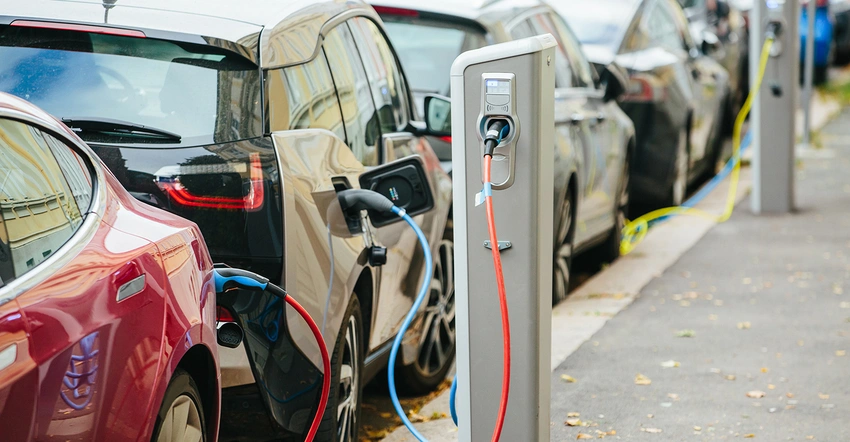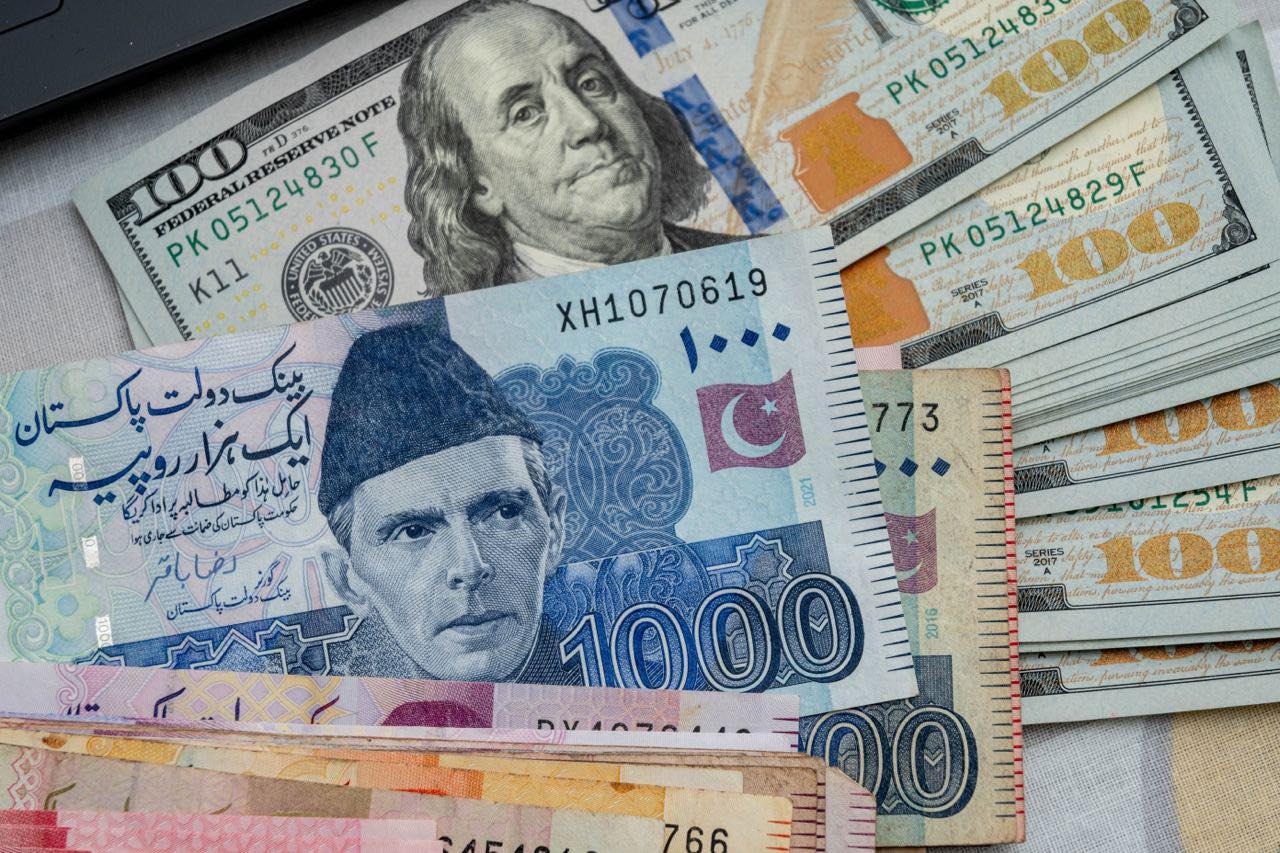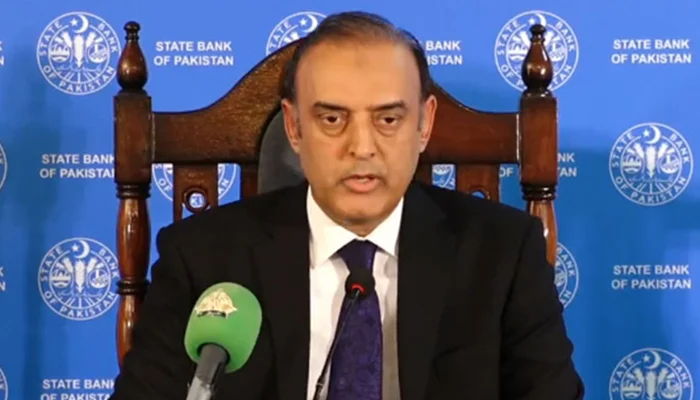The Economic Coordination Committee (ECC) of the Cabinet, in a major move towards promoting sustainable transport and addressing financial obligations, approved two significant initiatives on Tuesday: a Rs9 billion electric vehicle (EV) subsidy scheme and a Rs30 billion technical supplementary grant (TSG) to settle outstanding remittance claims.
The meeting, chaired virtually by Federal Minister for Finance and Revenue Muhammad Aurangzeb, discussed and approved critical economic measures aimed at supporting fiscal stability, green mobility, and institutional sustainability. The session included key stakeholders from ministries such as Power, Petroleum, and National Food Security, along with senior officials from the Finance Division, Ministry of Industries and Production, and Higher Education Commission (HEC).
One of the highlights of the ECC meeting was the approval of a comprehensive Electric Bike and Rickshaw Subsidy Scheme presented by the Ministry of Industries and Production. With an allocated budget of Rs9 billion for FY2025-26, the initiative is designed to encourage the adoption of electric bikes (e-bikes) and electric rickshaws/loaders across Pakistan, reducing reliance on fossil fuels and promoting environmentally sustainable transportation.
Under the approved plan:
- 116,000 electric bikes and
- 3,170 electric rickshaws/loaders
will be distributed in two phases.
The first phase, expected to be launched soon by Prime Minister Shehbaz Sharif, will include:
- 40,000 electric bikes
- 1,000 electric rickshaws/loaders
In a unique step, the government will also award free e-bikes to top-performing students from government colleges, recognizing academic excellence while promoting clean transport solutions.
This EV subsidy aligns with Pakistan’s broader objectives of green energy adoption, reducing urban pollution, and providing cost-effective mobility options to the general public.
In another important decision, the ECC approved a Technical Supplementary Grant of Rs30 billion to settle reimbursement claims under the Telegraphic Transfer Charges Incentive Scheme for FY2024-25. This scheme supports overseas Pakistanis by reimbursing costs associated with remitting money to Pakistan through formal banking channels.
The ECC was informed that total outstanding claims for the scheme stood at Rs58.26 billion, with Rs30 billion now approved for clearance.
The Finance Division was directed to collaborate with the State Bank of Pakistan (SBP) to finalize the disbursement mechanisms and ensure timely payments. Additionally, the ECC requested a comprehensive evaluation of the Pakistan Remittance Initiative (PRI), including:
- A cost-benefit analysis
- Financial feasibility
- Opportunity cost assessments
- Stakeholder feedback
The complete evaluation report is expected by mid-September, with an initial draft due by the end of August 2025.
The ECC also gave in-principle approval for a Rs2 billion bailout grant to Quaid-e-Azam University (QAU). However, the release of funds will be subject to submission of a detailed financial self-sustainability plan by the university.
The QAU, in coordination with the Higher Education Commission, has been tasked with developing a clear roadmap outlining measures to achieve financial independence and reduce reliance on government bailouts in the future.
The ECC meeting reflects the government’s strategic approach to balancing fiscal needs with long-term economic reform. By supporting electric vehicle adoption, clearing remittance-related obligations, and ensuring institutional financial sustainability, the government aims to strengthen its economic reform agenda.
These measures come amid broader economic reforms under Prime Minister Shehbaz Sharif’s leadership, as the administration seeks to modernize key sectors, promote transparency, and boost economic inclusivity.




